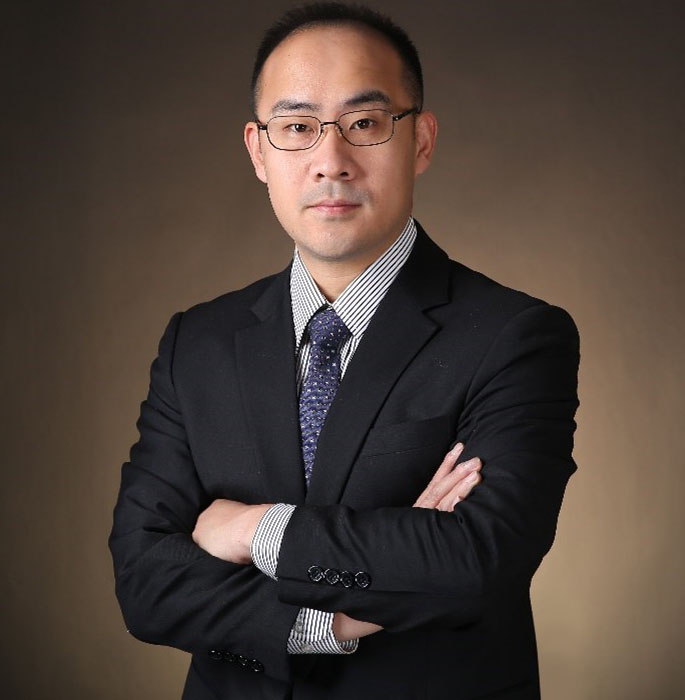
Dr. Di Wang
ProfessorSchool of life sciences, Jilin University, China
Speech Title: The anti-Alzheimer’s disease effects of natural compounds and the mechanism related to ferroptosis
Abstract: During the pathological process of Alzheimer’s disease (AD), ferroptosis gradually emerges, becoming a study target for AD treatment. Besides ferroptosis, brain tissue is particularly vulnerable to neuroinflammation, which can aggravate Aβ deposition and tau phosphorylation. GV-971, a drug that reduces peripheral and central inflammation, was approved by the FDA in April 2020 for an international multi-center phase III clinical trial IND (IND 144482), which provides a strong basis for neuroinflammation as a promising target for the treatment of AD. Natural plants have attracted many researchers to screen for candidate agents because of their extensive pharmacological activities and few adverse effects. In our group, isoforsythiaside has been confirmed to inhibits ferroptosis and neuroinflammation in erastin-damaged HT22 cells and APP/PS1 mice, at least partially by regulating the activation of Nrf2 and NF-κB signaling. Furthermore, Forsythoside A (FA), the main ingredient in Forsythia suspensa (Thunb.) Vahl, possesses anti-inflammatory, anti-bacterial, anti-oxidant and neuroprotective activities. We first revealed the anti-AD properties of FA via modulation of ferroptosis-mediated neuroinflammation by targeting the activation of the Nrf2/GPX4 axis. According to our data, the inactivation of the Nrf2/GPX4 axis activates the NF-κB signaling, which further aggravates neuroinflammation.
Biography: Prof. Wang Di graduated from The University of HongKong in 2013, and worked at Jilin University at the same year. He focus his research on the function screening and mechanism investigation of mushroom. Till now, Prof. Wang has undertaken 16 projects including National Natural Science Foundation of China, Key Scientific and Technological Project in Jilin Province and Industry-University-Research Cooperation Projects. Accumulative scientific research funds reach to RMB 10.0 million. He has published over 120 SCI indexed papers as the first responsibility author, and obtained 16 authorized national patents.
